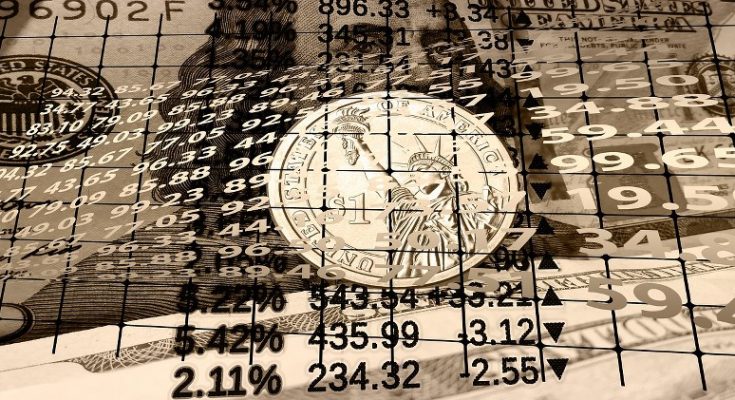Washington/CMEDIA: Owing to a potential debt default faced by the US, an in-principle agreement to raise the US debt ceiling has been reached by the US President Joe Biden and his Republican opponents to avert a default, media reports said.
The deal has been reached after weeks of bitter negotiations and needs to be approved by the Congress.
The current debt ceiling faced by the US is $31.4 trillion or roughly 120 percent of the country’s annual economic output.
The debt ceiling is the threshold set by the US government to determine how much money the treasury can borrow.
A warning has been issued by the US Treasury that if a deal is not reached, a financial shortfall will be faced by the US by 5 June.
Due to the government’s expenditures exceeding its tax revenues, borrowing becomes necessary to finance its operations.
To compensate for raising the $31.4 trillion debt limit, Republicans have been advocating for reductions in spending, particularly in areas such as education and other social programs.
President Biden described in a statement, that the agreement has been taken as a compromise that was good for the country “because it prevents what could have been a catastrophic default and would have led to an economic recession, retirement accounts devastated, and millions of jobs lost”.
McCarthy, for his part, referred to “historic reductions in spending, consequential reforms that will lift people out of poverty into the workforce”.
“There are no new taxes, no new government programs,” he said.
House Speaker Kevin McCarthy was reported saying that he intends to finish writing the bill by Sunday before it is presented in the Senate for a vote on Wednesday .
But amid likely opposition from diehards in both the Republicans and the Democrats, McCarthy faces the challenge to push it through the Senate
The House is controlled by Republicans by 222 to 213, while Democrats control the Senate by 51 to 49.
A US default would not only upend the US economy but also disrupt global markets.
US economy would be pushed by a persistent crisis into recession leading to an increase in unemployment.
US being the trading partner for many countries around the world. a US recession would have big rippling effects across the globe.
As the US dollar is the reserve currency of the world, a default would send panic across the world, eventually leading to rise in prices of many commodities.
#US, #USDefault, #FinancialCrisis, #DebtCeiling, #Recession





